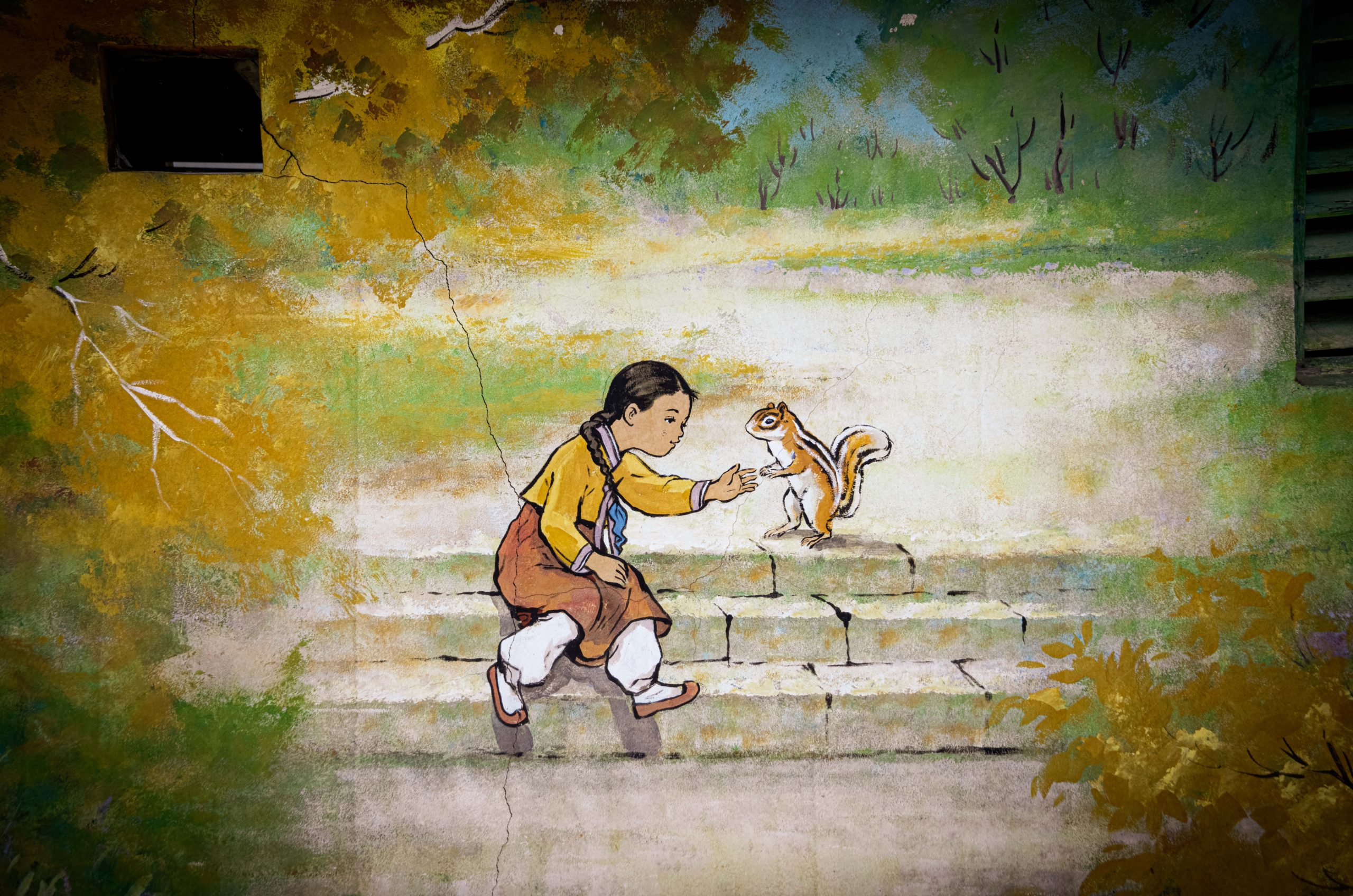Pull up your socks
I need to edit videos
I have filmed so many video that I haven’t had time to edit yet. It is time to pull up my socks and get to it. I have some good excuses though. For example, the average post like this takes 2-3 hours to complete. The writing doesn’t take that long but researching and making the art also takes time. I have also been taking photos. I find it more rewarding to edit photos these days rather than videos. Each takes a lot less time to edit a single photo and I get a lot more engagement on Facebook from the photos. I still enjoy making videos, but I know how long it takes and it is hard to get started. My goal today is to complete the Sancheong video. I also need to research this article, make the art, wash dishes, and do some laundry. It is going to be a busy day but now is a good time to pull up my socks and get to work.

Meaning
Pull up your socks means to stop making excuses and do the hard work. The assumption is that you have to put in additional effort to complete a task. A lot of time, people procrastinate when they know there is hard work that needs to be done. Approximately 25% of adults consider procrastination to be a defining trait for them. When someone is procrastinating, you can tell them to pull up their socks. This expression is all about hard work and perseverance.
Example: She decided to pull up her socks and finish the college degree she started seven years ago.

Athletics
There are many explanations for where pulling up your socks comes from. One idea is that it relates to athletes. Runner used to wear special socks and shoes for racing. Just before the race started, the runners would pull up their socks. This meant that they were prepared for the race. One of the earliest examples of pull up your socks can be found in a cricket club report dated Mya 14th, 1887. It seems to be the first recorded instance of the idiomatic expression in use. So, it does not explain where the phrase came from.

Uniforms
Another possible origin is the British army. Soldiers had to be ready when they were on duty. So, they would sleep in their full uniform. An officer would wake up the soldier saying, “pull up your socks!” because it was the only thing they needed to do to be fully dressed. A revised version of In the Land of the Boers (1900), Oliver Osborne writes, “Throughout the wet months we had stuck religiously to the hills, leaving the valleys to fools and fever. Poor old Harry and the Reefer’s claims, turned out valueless, and it behoved us to be ‘pulling our socks up,’ as the Scots say.” The book was about So, the phrase may be related to army uniforms.
Alternatively, pull up your socks might be talking about school uniforms. The idea is that a headmaster would tell the school children to pull up their socks so they would look proper in their uniforms. I imagine that keeping your socks up would be difficult task for active children.
It seems more likely that today’s expression developed in England in the 1880s but there are earlier American examples. However, the American examples don’t seem to use the meaning we use today.

I'm procrastinating
Now, I need to pull up my socks. I can’t spend more time on this article because I need to edit a video. It is a little frustrating because I wanted to explore procrastination. There are many idioms and phrases related to it that we might explore later. In the meantime, check out the information available at Solving Procrastination:
- Half of all college students say that procrastination is a consistent problem for them.
- As early as 2001, 50.7% of people used the internet to procrastinate.
- 94% of people say that procrastination has a negative effect on their happiness.
- Procrastination is negatively correlated to performance on assignments, performance on exams, grade point average, and overall academic performance.
- Procrastinators make less money.
- Procrastinators intend to do as much (or more work) than non-procrastinators.
- Procrastination seems to be involuntary.
- People procrastinate more when they don’t like a task and when the rewards / punishments happen farther in the future.
- People may also put things off if they are not confident in their own abilities (self-efficacy) or they fear failing at the task.
- Procrastination may be genetically inherited.
- Men are slightly more likely to procrastinate than women.
- Single people are more likely to be procrastinators.

For more English phrases and quotes, follow me on Facebook:
https://www.facebook.com/ESL-ToyBox-112152010890485
UPDATE: I finished
Resources:
https://www.theidioms.com/pull-your-socks-up/
https://www.socksnob.co.uk/the-phrase-pull-up-your-socks/
https://wordhistories.net/2017/09/25/pull-socks-up-origin/
http://idiomic.com/pull-your-socks-up/
https://archive.org/details/inlandboersorot00osbogoog/page/n245/mode/2up?q=behoved
https://solvingprocrastination.com/procrastination-statistics/


